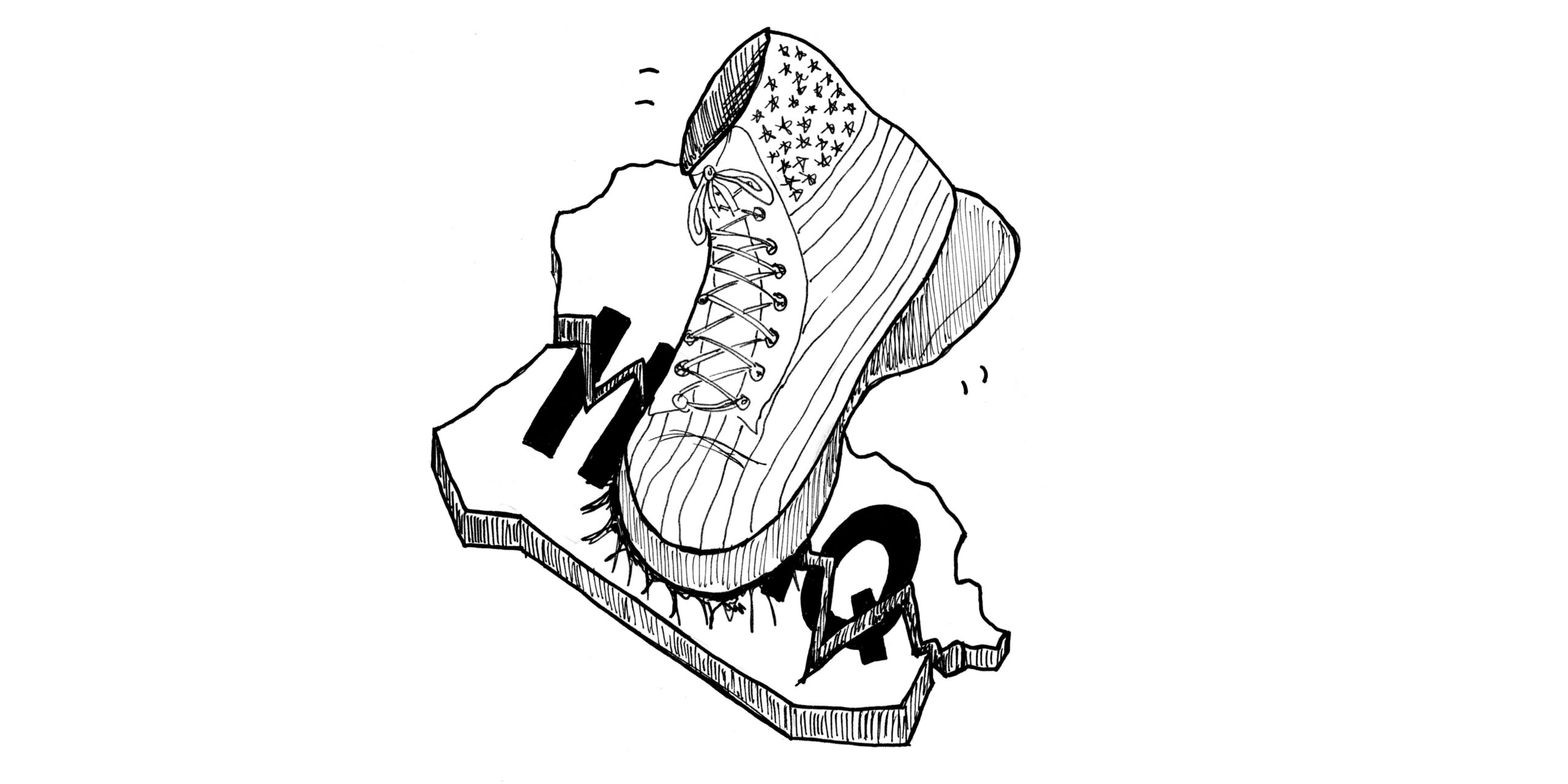Fifteen years after the invasion of Iraq, what have we learned?
March 30, 2018
 This
piece represents the opinion of the author
.
This
piece represents the opinion of the author
.
I do not remember the invasion of Iraq. I was three years old at the time, and although snippets of news broadcasts may have alerted me to the presence of conflict, I was understandably oblivious to the gravity of the situation.
Only relatively recently has the real horror of the Iraq War become known to me. Many of today’s great conflicts have roots in the Iraq War and its resulting instability. As I struggle to understand what I see happening around me, many roads lead back to the events of 2003 and the years following. From continuing political and extremist violence across the Middle East to the refugee crises and their nationalist pushbacks, our war in Iraq played a major role in shaping the chaotic world we live in today. Fifteen years after the invasion, have we learned our lesson?
A large majority of Americans now view the Iraq War as a mistake and in retrospect agree that military intervention may not have been the best course of action. Such an admittance may be a step in the right direction but it still reeks of privilege. The war was not a mistake; it was a crime and an operation deeply revealing about America’s unsettling role on the world stage.
We sit snug in our homes, still applauding George W. Bush’s occasional speech (“What a reasonable leader!”) and cringing over news footage of Ghouta’s ruins (“so sad”) and emaciated children in Yemen (“poor babies”) all while U.S. bombs continue to fall on seven countries (give-or-take a few, Yemen and Syria included). We are outraged when the Assad regime uses chemical weapons against its own people or when Saudi-backed forces bomb a Yemeni wedding, yet conveniently forget our own use of white phosphorus in Fallujah (responsible for continuing birth defects in the region) and comparable tactics in Mukaradeeb. Iraqis have had to live with horrors while we watch from a comfortable distance, many of which we brought about. They do not have the luxury of selective memory nor the ability to move on. Their country has not recovered from a war that lasted nearly a decade—a war that arguably left Iraq (and the entire Middle East) much worse off than before America put boots on the ground. Poet and novelist Sinan Antoon wrote an Op-Ed in the New York Times this past week entitled: “Fifteen Years Ago, America Destroyed my Country.” How can we move on from such destruction—thousands of civilians killed, entire generations scarred—and call it a simple mistake? We clearly haven’t learned our lesson if trauma of that magnitude is excusable. We have yet to apologize for our actions, so clearly our regret is minimal.
The problem is that we shrug off the horrors of Iraq because we still refuse to see ourselves as the villain. Notions of American exceptionalism have been so instilled in us that we will defend our righteousness above all else, insisting on our noble intentions and expecting forgiveness despite continuing bad behavior. If any other country circumvented the UN Security Council and led a ground invasion of a foreign entity, racking up a body count that included countless civilians and essentially destabilizing an entire region, the U.S. would be calling for their blood and labeling them an enemy to world peace. We berate Russia for merciless military involvement in Syria and cry foul when China aggressively expands its military presence in the South China Sea, yet we cheer on our military bases in over 70 countries worldwide and shrug off the fact that US soldiers are currently deployed in more than 150 countries, fighting shadow wars across Africa and still killing civilians in drone strikes across the Middle East.
In our criticism of Russia and China, maybe we have learned from the Iraq War. Imperialist shows of military prowess are reckless and dangerous. We proved that in 2003. Yet we clearly do not apply the same standards to ourselves—after all, America has done a phenomenal job convincing itself of its superiority. We can simply do things others cannot, for values of “freedom” and “democracy” are apparently only ours to safeguard and export at will.
It is no wonder that, across the world, the U.S. is viewed as the greatest threat to world peace. The results of an international 2013 Gallup poll found this to be an overwhelming consensus across 65 foreign countries (and that was before Trump). In some ways, we are a rogue state. Our invasion of Iraq, the 21st Century’s “Original Sin” (as put by Al-Jazeera’s Tallha Abdulrazaq), remains the most potent example of the danger we pose the world … and ourselves.
Fifteen years later, it doesn’t look like we’ve learned from our self-proclaimed “mistakes.”
That, in itself, is a crime.


Comments
Before submitting a comment, please review our comment policy. Some key points from the policy: